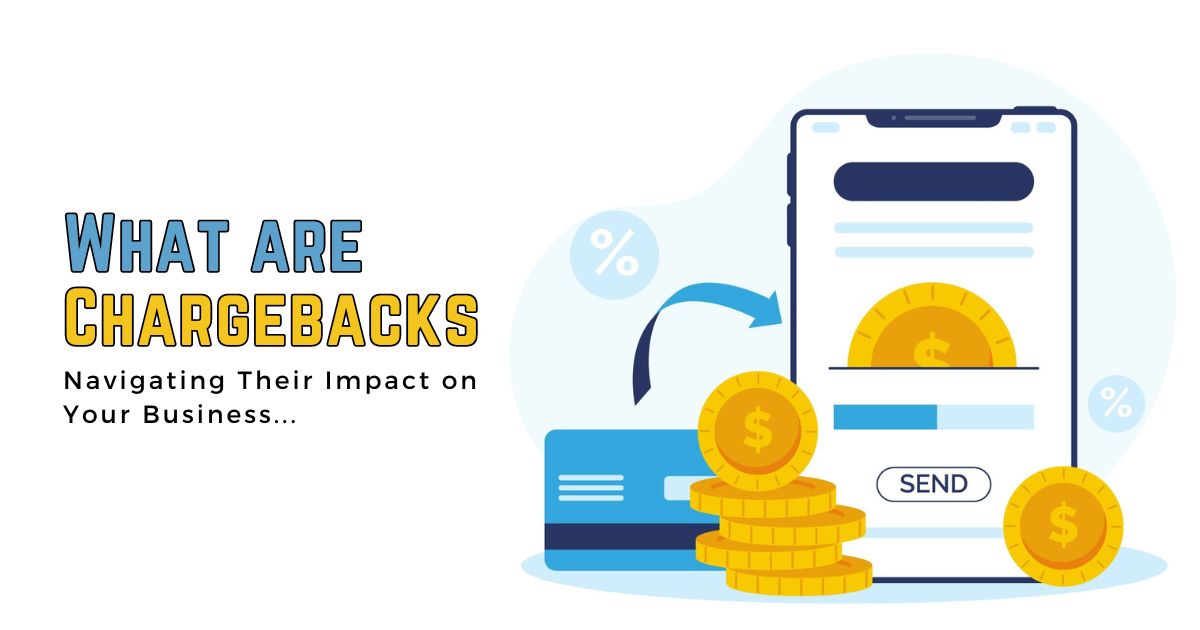


| June 26th, 2019 |
Making top-notch merchant services available to your bank customers may sound like a brilliant business move as it does have potential of augmenting clients and profits both. Nevertheless, these dreams of any businessman can shatter in the glimpse of eye if merchant account services are not availed at competitive rates. For those who do not […]
Read more
| June 19th, 2019 |
Market growth of online gaming, online casinos, etc. has skyrocketed in recent years. By the end of 2021, it is expected to clock revenue of approximately $2.2 trillion. But does that make the online sports gambling industry free of legal complications? Unfortunately not. Law and order pertaining to sports betting varies from state to state, […]
Read more
| June 11th, 2019 |
At first, a chargeback may appear to be synonymous with the word ‘refund.’ Nevertheless, the points of difference between these two terms are fundamental but potential to deteriorate a merchant’s market reputation. And hence, it is not in the interest of any business to overlook chargebacks. What Do You Mean By Chargeback? Chargebacks differ from […]
Read more
| June 3rd, 2019 |
Ever since electronic payment technologies has evolved, commercial landscape has witnessed its complete makeover. It is an undeniable fact that customers are enjoying spending currency without making use of cash. From cashless to card-less transactions the payment industry has outgrown the expectations of both retailers and customers in a short span of time. Oftentimes new […]
Read more
| May 20th, 2019 |
Every smart merchant minds the funds coming in and going out. There is no denying that electronic payments in the current business scenario hold a very crucial position. But does that mean merchants shall depend on credit card payments only? Well, some of you may have already heard of eChecks and their benefits. But very […]
Read more
| May 13th, 2019 |
You know what TMF stands for-right? There are high possibilities you have little or more idea about it. This is possibly why you are here. Assuming you don’t know anything this post will explain the whole thing related to TMF and how possible it is to survive even when you have found your business’ name […]
Read more